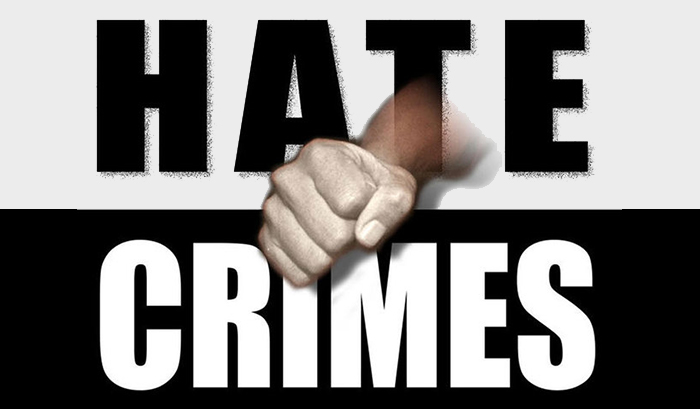[img]1|left|Ari Noonan||no_popup[/img]Except for my wife, David Mielke is the only person of my acquaintance who can dress in the dark.
From an occasionally reliable friend, we learn this afternoon that the President of the Teachers Union is the properly proud proprietor of a handsome 4-piece wardrobe —
• The familiar-to-the-community vanilla colored shorts from Bermuda that everyone who has met him in the last 32 years has seen often enough to memorize,
• The Hawaiian shirt that brightly glows in the dark and the daylight, which has survived twice as long as the Afghanistan war,
• Plus the pieces de resistance he is keeping pressed for the eventual election of Al Gore as President of the United States, one veteran pair of calf-length casual trousers and an experienced conservative long-sleeved shirt.
When we happened upon each other at 7:30 this morning at the school funding protest in front of Culver City High School, Mr. Mielke looked as if he had just stepped out of the Before side of a Brooks Brothers display window with his Costco wardrobe.
A funny man who never is more than 6 inches from the next smile, he kept his streak alive:
“First thing they teach you in the union business,” said Mr. Mielke, “is that you’ve got to be the first one there and the last one to leave.”
This morning he came within 13 of being the first in line.
Sunny Side up
A persistent optimist, he was asked if he was surprised or disappointed — as a nearby grandfather clock struck 7:30 — by the thin protesting crowd that would have fit into a mid-sized peanut butter jar.
“We will see what happens,” said Mr. Mielke who prefers the perspective that the peanut butter jar is halfway full. “There always is the fear people won’t do anything.”
Does he believe protests still are effective?
“Good question. I don’t know. This afternoon, many of us are going downtown to Pershing Square for a giant protest.
“What you have seen this morning is a lessening of energy for this. I think there is a sense that ‘Holy cow. No matter what we do, this is the way the system is.’
“I think people are discouraged. Remember how people were with President Obama? They were so excited that this was going to be change for America, something better for working people.
“That didn’t happen. You see business as usual.
“I don’t know. We’ll see.”
Do Demonstrations Matter?
Does Mr. Mielke think this week of school funding protests throughout the state have made a difference?
“I think they have,” he said, and began talking about a drastic formal proposal (Senate Bill 653) by Sen. Darrell Steinberg (D-Sacramento), President Pro Tem of the Senate, that would largely shift taxing authority from the state to local bodies as a way to punish resistant Republican lawmakers.
“That bill would take us back where we used to be,” said an alarmed Mr. Mielke, “when Beverly Hills and Culver City had great schools, and Compton and Inglewood struggled.”
Mr. Mielke disagreed that the bill is intended to penalize Mr. Steinberg’s Republican rivals. “I think his point is, if the state can’t get it together to fund public education, then we will let communities do it.”
Is that acceptable?
“It won’t be in poor communities, will it? Then we are going to go back to a two-tiered community, where you have Culver City and Beverly Hills, with money, funding their schools and then other communities that can’t tax themselves. Can’t.
A Wrong Scheme
“That is why, back in the ‘70s, we went to a system where the state sends out money equally to everybody to try and have equal opportunity for all.
“So I don’t think it’s a good idea at all. But what the hell? Until we get rid of the system calling for two-thirds majority approval in the Legislature, you have government run by the minority.”
Glancing to his left where there was a crunchy peanut butter jar 51.4 percent filled, Mr. Mielke, the optimist, said:
“I am going to be hopeful. I think people will say ‘enough is enough. If you want schools, you have to pay for them.’
“The idea that I pay more taxes than ExxonMobil,” said Mr. Mielke, “is crazy. Are you kidding me?”







